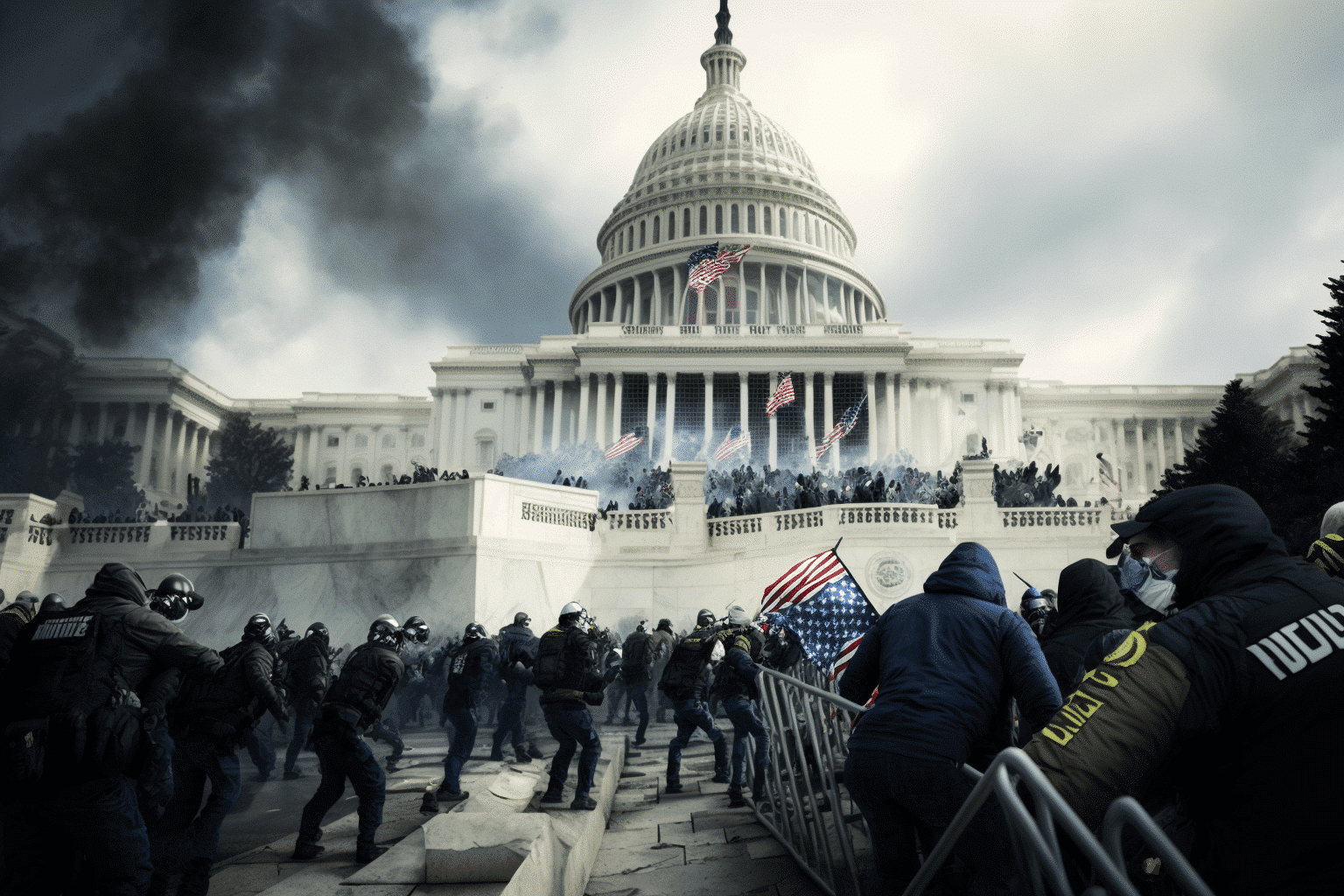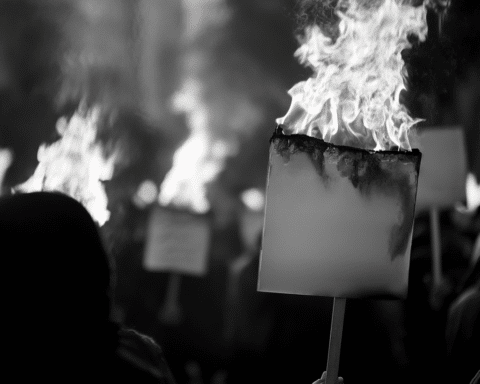The US Justice Department has stated that former President Donald Trump can be sued for his involvement in the Capitol riot on January 6th, 2021. In a federal court case, the department told a Washington appeals court to allow the lawsuits filed by injured Capitol Police officers and Democratic lawmakers to proceed, rejecting Trump’s argument that he is immune from the claims. Despite not taking a stance on Trump’s speech’s incitement to violence, the Justice Department said the president would not be protected by “absolute immunity” if he was found to have made words that “incited imminent private violence.” The department’s filing, made by lawyers from the Civil Division, has no impact on a separate criminal investigation into potential charges against Trump over his attempts to overturn the 2020 presidential election results. As a result of the insurrection, plaintiffs have filed lawsuits seeking damages for physical and emotional harm.
One lawsuit against Trump is filed by Representative Eric Swalwell of California, who claims that Trump “directed the violence at the Capitol and then watched approvingly as the building was overrun.” There have also been two other lawsuits filed by House Democrats and officers James Blassingame and Sidney Hemby. These lawsuits cite a federal civil rights law and describe how Trump and others spread baseless election fraud claims and incited thousands of rioters before storming the Capitol.
In their legal argument, Trump’s lawyers claimed that the president acted within the scope of his official duties and did not intend to cause violence. However, a federal judge in Washington ruled that Trump’s speech was likely “words of incitement not protected by the First Amendment.” Even if the appeals court allows the lawsuits to proceed, the plaintiffs still face a significant challenge as they would need to prove that there was a direct and intentional call for imminent violence.
The Justice Department has cautioned that the court must not adopt rules that would restrict legitimate presidential communication or burden a president with intrusive lawsuits. The department emphasized that “Presidents may use strong rhetoric” and that “some who hear that rhetoric may overreact or even respond with violence.”
The case is just one of Trump’s many legal issues as he prepares for another White House bid in 2024. He is also under investigation in Georgia over potential lawbreaking in his efforts to overturn his election defeat in the state. A federal criminal investigation over top secret documents found at his Florida estate is also underway. As part of a separate investigation into Trump and his allies’ efforts to maintain power, former Vice President Mike Pence has been subpoenaed.
As well as these legal troubles, Trump has also appealed the decision of a federal judge in Washington who rejected his attempts to dismiss the conspiracy civil lawsuits filed by lawmakers and police officers. The outcome of this case will have significant implications for Trump’s legal vulnerability and could impact his future political endeavours.
The lawsuits against Trump are separate from the criminal investigation into his involvement in the Capitol riot. The outcome of these lawsuits will determine whether Trump can be held liable for the harm caused by the insurrection but will not determine any potential criminal charges against him.
Regardless of the outcome, the case highlights the complex legal issues surrounding the actions of a president and the limits of their immunity. It also raises important questions about the role of rhetoric in inciting violence and the responsibility of public officials for their words and actions. The case is expected to move forward in the coming months, and its outcome will be closely watched by legal experts, politicians, and the public.




